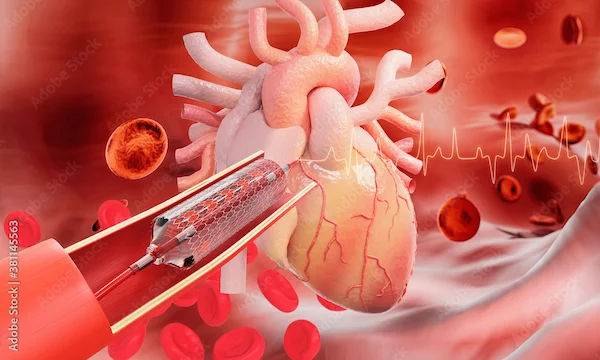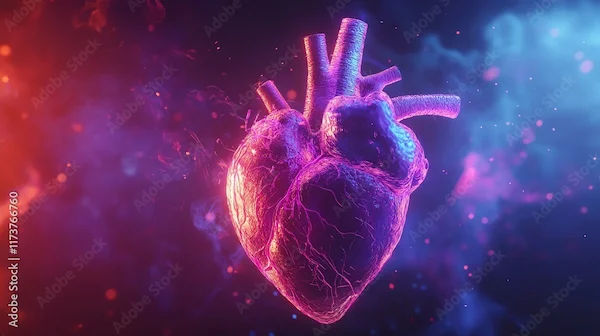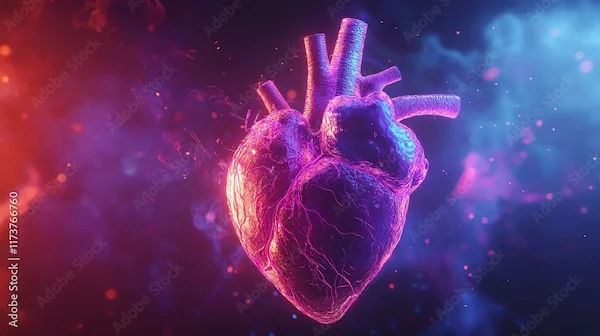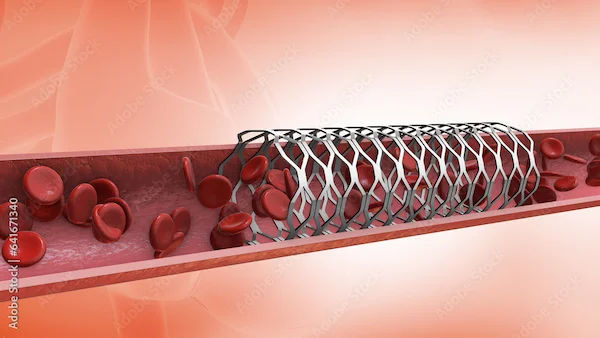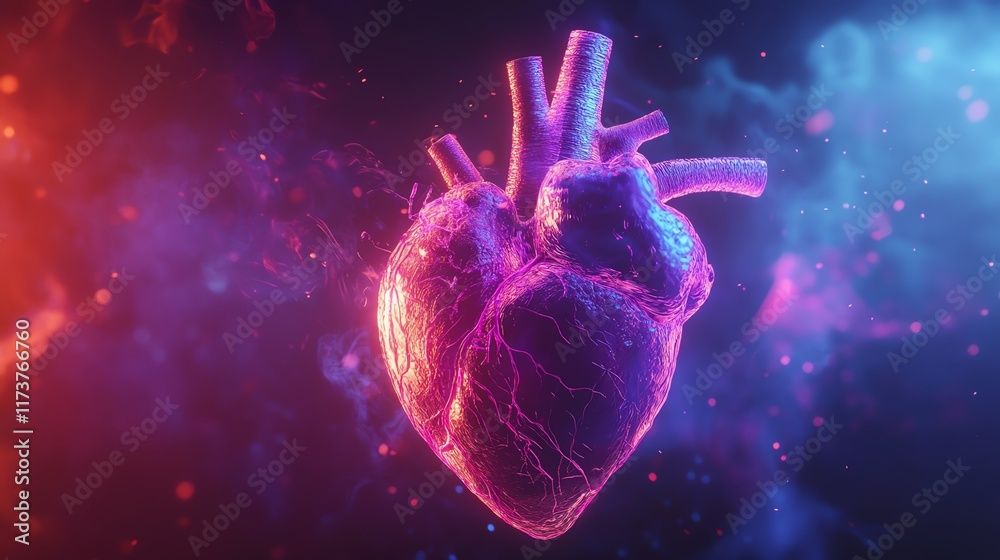How Is The Heart Started After Bypass Surgery?
Curious how the heart is restarted after bypass surgery? Learn about the step-by-step process, recovery tips, and when to seek medical help for a smooth and safe recovery.

Written by
Last updated on 10th Jul, 2025
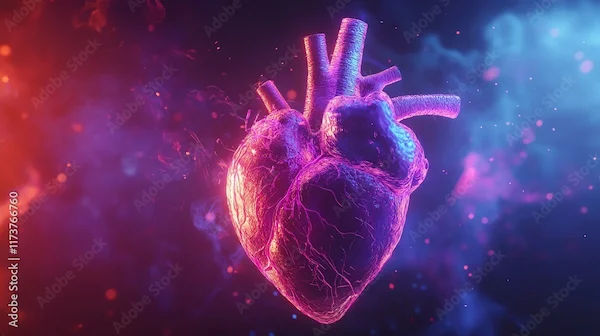
Introduction
Undergoing bypass surgery (also known as coronary artery bypass grafting or CABG) can be a life-changing experience. One of the most common questions patients have is: How is the heart restarted after bypass surgery?
This article will explain the process in simple terms, what happens during the procedure, and how your heart recovers afterward.
What Happens During Bypass Surgery?
Before understanding how the heart is restarted, let’s briefly discuss what happens during bypass surgery:
The surgeon creates new pathways (bypasses) around blocked or narrowed coronary arteries using healthy blood vessels, usually taken from the chest, leg, or arm.
This improves blood flow to the heart muscle, reducing chest pain (angina) and lowering the risk of a heart attack.
During the surgery, the heart is temporarily stopped to allow the surgeon to work safely. This is done using a heart-lung machine (cardiopulmonary bypass machine), which takes over the heart’s pumping function and the lungs’ oxygen supply.
Consult Top Specialists for Personalised Heart Health Advice
How Is the Heart Restarted After Bypass Surgery?
Once the bypass grafts are successfully placed, the surgeon gradually restarts the heart in a controlled manner. Here’s how it happens:
1. Warming the Heart
After the surgery, the heart is slowly rewarmed, since it was cooled to reduce oxygen demand during the procedure.
The surgeon carefully monitors the heart’s temperature to ensure it returns to normal.
2. Removing the Heart-Lung Machine
Once the heart is warm enough, the surgeon gradually reduces the support from the heart-lung machine.
The heart begins to beat on its own again.
3. Using Defibrillation (If Needed)
Sometimes, the heart may not restart in a normal rhythm. In such cases, the surgeon may use small electrical shocks (defibrillation) to restore a regular heartbeat.
4. Supporting with Medications
After the heart starts beating, medications (such as epinephrine or dopamine) may be given to help strengthen the heartbeat and maintain blood pressure.
5. Monitoring in the ICU
Once the heart is functioning well, the patient is moved to the Intensive Care Unit (ICU) for close monitoring.
Doctors check for stable heart rhythm, blood pressure, and oxygen levels to ensure a smooth recovery.
How Does the Heart Recover After Surgery?
After bypass surgery, the heart needs time to heal. Here’s what happens in the recovery phase:
1. Initial Healing (First Few Days)
You may feel tired or sore as your body adjusts.
The surgical team will monitor your heart rate, blood pressure, and oxygen levels.
Breathing exercises and light movement help prevent complications like blood clots or pneumonia.
2. Long-Term Recovery (Weeks to Months)
Full recovery takes 6-12 weeks, depending on your overall health.
Cardiac rehabilitation—a supervised exercise and education program—helps strengthen your heart.
Follow-up visits with your doctor ensure your heart is functioning well.
Tips for a Healthy Recovery After Bypass Surgery
To help your heart heal and stay strong, follow these tips:
1. Take Medications as Prescribed
Blood thinners, cholesterol-lowering drugs, and blood pressure medications help prevent future blockages.
2. Follow a Heart-Healthy Diet
Eat more fruits, vegetables, whole grains, and lean proteins.
Limit salt, sugar, and unhealthy fats.
3. Stay Active (But Don’t Overexert)
Start with short walks and gradually increase activity as advised by your doctor.
Avoid heavy lifting for at least 6-8 weeks.
4. Quit Smoking & Limit Alcohol
Smoking damages blood vessels and increases heart risks.
Excessive alcohol can interfere with medications.
5. Manage Stress & Get Enough Rest
Practice deep breathing, meditation, or gentle yoga.
Ensure 7-8 hours of sleep daily for proper healing.
When to Seek Medical Help?
Contact your doctor immediately if you experience:
Chest pain or pressure
Shortness of breath
Irregular heartbeat
Fever or excessive swelling at the incision site
Final Thoughts
Bypass surgery is a major procedure, but modern techniques make it safe and effective. The heart is carefully restarted using advanced medical support, and with proper care, most patients recover well.
If you or a loved one needs heart health guidance or post-surgery care, Apollo 24|7 offers expert consultations and follow-up care. Book an appointment today to ensure a smooth recovery journey.
Consult Top Cardiologists
Consult Top Specialists for Personalised Heart Health Advice

Dr. Mangesh Danej
Cardiologist
8 Years • MBBS, MD (General Medicine), DNB (Cardiology)
Pune
Dr Danej clinic, Pune
(375+ Patients)
Dr. Dixit Garg
Cardiologist
10 Years • MBBS , DNB (General medicine) , DNB (cardiology)
Gurugram
Smiles & Hearts, Gurugram
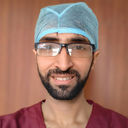
Dr. Pinaki Nath
Cardiologist
8 Years • MBBS, MD General Medicine, DM Cardiology
Barasat
Diab-Eat-Ease, Barasat
Dr. Sibashankar Kar
Cardiologist
10 Years • MBBS, DNB
Bhubaneswar
Hi-Tech Medical College & Hospital, Bhubaneswar
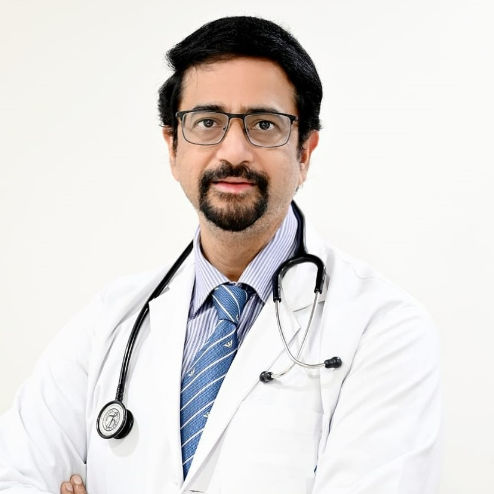
Dr A Sai Ravi Shanker
Cardiologist
22 Years • MBBS, MD General Medicine, DM Cardiology
Hyderabad
Aster Prime Hospital, Hyderabad
(50+ Patients)
Consult Top Cardiologists

Dr. Mangesh Danej
Cardiologist
8 Years • MBBS, MD (General Medicine), DNB (Cardiology)
Pune
Dr Danej clinic, Pune
(375+ Patients)
Dr. Dixit Garg
Cardiologist
10 Years • MBBS , DNB (General medicine) , DNB (cardiology)
Gurugram
Smiles & Hearts, Gurugram

Dr. Pinaki Nath
Cardiologist
8 Years • MBBS, MD General Medicine, DM Cardiology
Barasat
Diab-Eat-Ease, Barasat
Dr. Sibashankar Kar
Cardiologist
10 Years • MBBS, DNB
Bhubaneswar
Hi-Tech Medical College & Hospital, Bhubaneswar

Dr A Sai Ravi Shanker
Cardiologist
22 Years • MBBS, MD General Medicine, DM Cardiology
Hyderabad
Aster Prime Hospital, Hyderabad
(50+ Patients)
